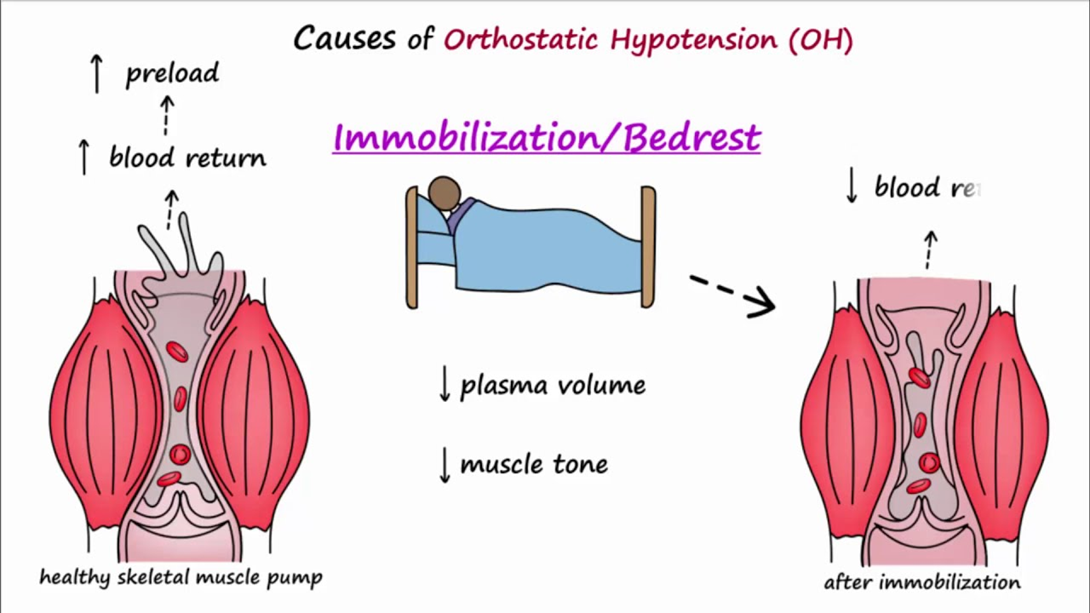The nurse is reviewing data of a client receiving propylthiouracil (PTU). Which information indicates to the nurse that the client may be experiencing a side effect of this medication?
Neutropenia
Hyperglycemia
Polyuria
Muscle cramps
The Correct Answer is A
Choice A reason: Neutropenia, a decrease in neutrophils, is a known side effect of propylthiouracil (PTU) due to its impact on bone marrow and white blood cell production.
Choice B reason: Hyperglycemia is not a typical side effect of PTU; it is more commonly associated with medications affecting blood sugar levels.
Choice C reason: Polyuria, or excessive urination, is not a common side effect of PTU and is more often related to conditions affecting kidney function or blood glucose levels.
Choice D reason: Muscle cramps are not a direct side effect of PTU; they can be associated with various conditions, including electrolyte imbalances.
Nursing Test Bank
Naxlex Comprehensive Predictor Exams
Related Questions
Correct Answer is ["A","C","D"]
Explanation
Choice A reason: Slowed movement when rising from a chair is a common symptom of Parkinson's disease, known as bradykinesia.
Choice B reason: Chronic diarrhea is not typically associated with Parkinson's disease.
Choice C reason: Difficulty swallowing, or dysphagia, is a common issue in Parkinson's disease due to impaired muscle control.
Choice D reason: A shuffling gait is characteristic of Parkinson's disease, often referred to as "festinating gait."
Choice E reason: Lower extremity edema is not a typical symptom of Parkinson's disease and may indicate other health issues.
Correct Answer is B
Explanation
Choice A reason: A soft diet with thin liquids may be recommended for patients with Parkinson's disease who have difficulty swallowing (dysphagia), but it is not the most appropriate intervention for all patients. Dysphagia is common in Parkinson's disease due to impaired muscle movement, and a soft diet can help prevent choking and aspiration.
Choice B reason: Assessing for orthostatic hypotension is crucial in the care of patients with Parkinson's disease. Orthostatic hypotension is a common non-motor symptom where there is a significant drop in blood pressure upon standing. Normal blood pressure should not drop more than 20 mm Hg systolic or 10 mm Hg diastolic within 2 to 5 minutes of standing². This condition can increase the risk of falls, which is a significant concern in this population.
Choice C reason: Exophthalmos, the bulging of the eyes, is not associated with Parkinson's disease. It is typically related to thyroid eye disease, such as Graves' disease, and would not be a relevant assessment for a Parkinson's patient unless there is a known co-existing thyroid condition.
Choice D reason: Limiting fluids to prevent urinary incontinence is not an appropriate intervention for Parkinson's disease. Adequate hydration is essential, and urinary incontinence should be managed with other strategies, such as bladder training, scheduled toileting, and possibly medication, depending on the cause.

Whether you are a student looking to ace your exams or a practicing nurse seeking to enhance your expertise , our nursing education contents will empower you with the confidence and competence to make a difference in the lives of patients and become a respected leader in the healthcare field.
Visit Naxlex, invest in your future and unlock endless possibilities with our unparalleled nursing education contents today
Report Wrong Answer on the Current Question
Do you disagree with the answer? If yes, what is your expected answer? Explain.
Kindly be descriptive with the issue you are facing.
